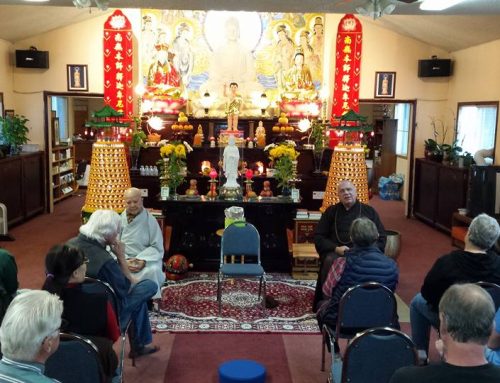Buddhist exceptionalism refers to the belief that Buddhism is fundamentally different from other religions and should be treated differently. This belief can take many forms and can be held by both Buddhists and non-Buddhists.
One form of Buddhist exceptionalism is the belief that Buddhism is a philosophy rather than a religion, and that it does not involve belief in gods or an afterlife. This belief holds that Buddhism is more rational and scientific than other religions, and that it can be adopted by people of any faith.
Another form of Buddhist exceptionalism is the belief that Buddhism is a peaceful and non-violent religion, and that Buddhists are inherently more peaceful and non-violent than followers of other religions.
A third form of Buddhist exceptionalism is the belief that Buddhism is a religion that is particularly suited to the modern world and that it can provide solutions to contemporary problems such as environmental destruction and social inequality.
It’s worth mentioning that some of these claims are not entirely true and may be based on misconceptions. Buddhism, like any other religion, is a complex tradition that is influenced by culture and history and it has different expressions, traditions and beliefs depending on where it is practiced.
Buddhism, like any other religious tradition, has a history of violence and conflict and many Buddhist countries have experienced war and political turmoil. It’s also important to note that Buddhism is not free of superstitions and rituals, and it can be adopted and adapted to different contexts.
It’s also worth noting that this notion of Buddhist exceptionalism can also be problematic as it can lead to a narrow and limited understanding of Buddhism and create a false sense of superiority towards other religions.

